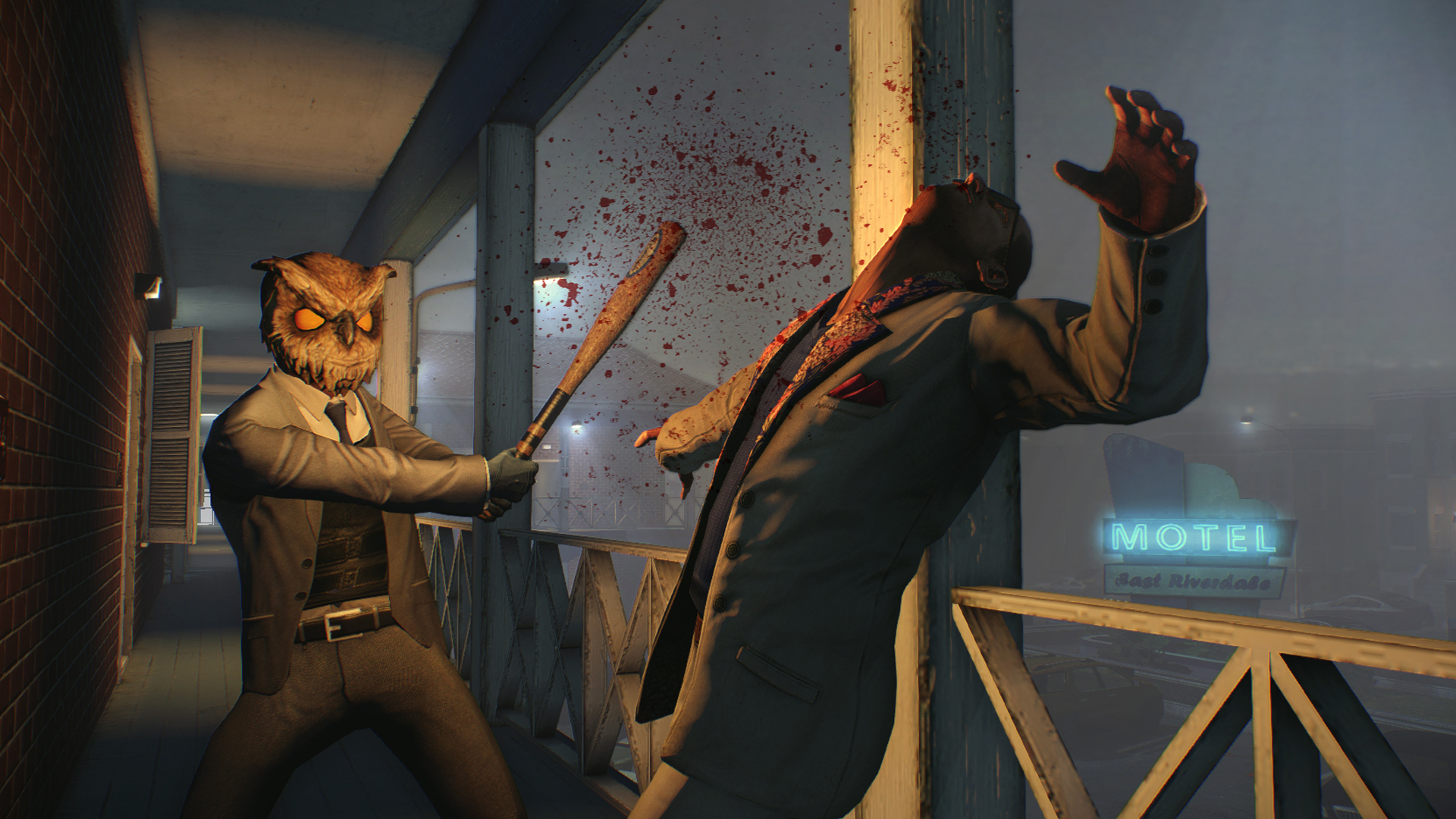Payday 2 studio speaks up about microtransactions controversy

Earlier this month studio Overkill introduced microtransactions to Payday 2, despite stating back in 2013 that it didn't intend to do so. The update allowed users to purchase 'drills' with real money in order to unlock crates in-game. After a huge outcry from the community Overkill reneged, to an extent: while the drills can still be purchased, players can now acquire them without spending money through Card Loot Drop rewards.
In a Reddit AMA overnight, representatives addressed the matter head on, in addition to several other questions and concerns arising from its Crimefest event and the corresponding Black Market update. Asked why the microtransactions were added, producer Almir Listo had the following to say.
"Two and a half years ago, during development of Payday 2 and in the build-up for its release, myself and then Game Director David Goldfarb said that there would be no microtransactions in Payday 2," he wrote.
"At the time, there were games that were released with in-game microtransaction systems at launch; players were asked to pay for the full game, and then continue to spend money directly after the initial purchase. At the time, Payday 2 featured a relatively advanced weapon modifications system where players for in-game money could buy, sell and modify weapons, masks and modifications. When we discussed this with people, we'd receive a ton of questions regarding whether or not it was microtransactions or not in our game too. To make sure there was no confusion, we said what we did to make things absolutely clear. If you asked me then, there would be no way we would've added a system like we just did."
Things have obviously changed though, and while the studio were quick to implement a non-paid option following community feedback, Listo went out of his way to explain why they appeared in the first place.
Since we released PAYDAY 2 back in 2013, the OVERKILL crew working on the project has more than tripled in size. From 25 developers to today with 75 developers. This allows us to create better content more often across several platforms. Like we've said in the past, we do free updates when we can, and paid DLC when we have to. As our ambition for PAYDAY 2 post-launch has grown, we’ve hired more people to help us make it happen. New stuff include everything to the drive feature to the comeback of the First World Bank and Slaughterhouse from PAYDAY: The Heist.
Two years ago people would have us instantly start work on PAYDAY 3, right after we released PAYDAY 2, like developers usually do. Instead, we decided to continue work on PAYDAY 2, because we wanted to make it an incredible co-op experience. 88 updates later, we have to ensure the future survival of the game. We do sales when we can where we reduce the price point up to 75% in order to pay people's wages and create a buffer for a rainy day. Six months ago, we also made a bold move to permanently reduce the price point of 16 PAYDAY 2 products by 33-43% in the hopes of drawing additional sales. Needless to say, we didn't see the result we anticipated, and have had to think of other ways to make sure we can continue creating content in the pace we want in order to keep PAYDAY 2 fresh and exciting.
Keep up to date with the most important stories and the best deals, as picked by the PC Gamer team.
It's worth reading Listo's full explanation here (the quote provided above is only a fraction), as well as all the other discussion surrounding the Crimefest event.

Shaun Prescott is the Australian editor of PC Gamer. With over ten years experience covering the games industry, his work has appeared on GamesRadar+, TechRadar, The Guardian, PLAY Magazine, the Sydney Morning Herald, and more. Specific interests include indie games, obscure Metroidvanias, speedrunning, experimental games and FPSs. He thinks Lulu by Metallica and Lou Reed is an all-time classic that will receive its due critical reappraisal one day.

